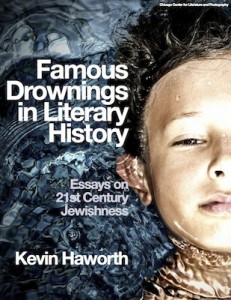From My Bookshelf: The Curse of Gurs, by Werner L. Frank
 Last weekend, I journeyed to Columbus, Ohio, for a family Bat Mitzvah. There, I had the pleasure of spending time with Werner Frank, whose astounding genealogical research includes some of my own family history (on my dad’s side).
Last weekend, I journeyed to Columbus, Ohio, for a family Bat Mitzvah. There, I had the pleasure of spending time with Werner Frank, whose astounding genealogical research includes some of my own family history (on my dad’s side).
Werner, who emigrated from Germany as a child in 1937, has recently published a book focusing on a specific strand of this research: the story of the October 1940 deportation of Jews from the Baden region of Germany to Gurs, an internment camp in France. From Gurs, many of these Jews were eventually deported to Auschwitz. This helps explain the book’s full title: The Curse of Gurs: Way Station to Auschwitz.
The story is particularly painful because so many of Werner’s relatives were among these Baden Jews (as were some of mine). Moreover, Werner remains acutely aware of his good fortune in having left Baden before 1940 – a realization that I similarly share concerning my grandparents, who were also Baden-born.
I purchased a Kindle copy of Werner’s book while we were in Columbus; Werner was kind enough to then gift me with a print copy. As an historian, I was wowed from the outset by Dr. Michael Berenbaum‘s introduction: (more…)



